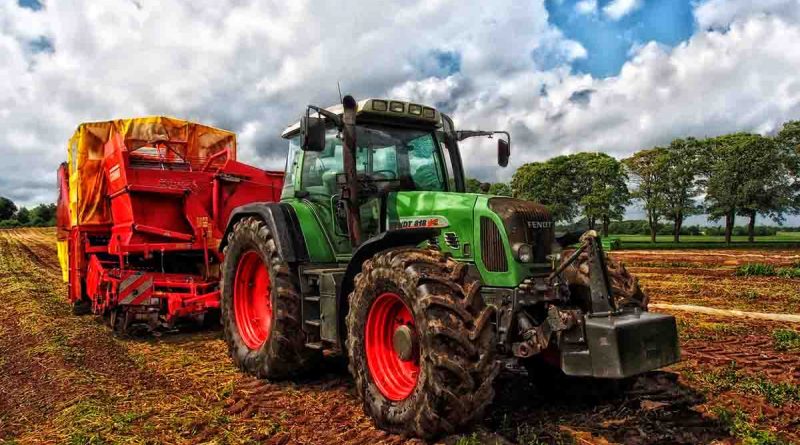Sustainable Orillia: The Agricultural Sector
By Bernard Pope – Special to SUNonline/Orillia
All of us have seen the slogan, Eat Today – Thank A Farmer, on license plates and on signs in our community. Since the production of healthy, plentiful food for the people of this community is key to life itself, ensuring agricultural practices in Ontario and locally are sustainable is a no-brainer.
Agriculture as a business is the number one value-added sector in the province, encompassing everyone from the prime producer (the farmer or rancher) to the processor and to the waiter in the restaurant. All these folks are contributing their knowledge, their skills, and their work to deliver quality food to the public.
At the same time, agriculture is intricately connected to each of the other eight community sectors identified by Sustainable Orillia, the recently-organized Mayor’s Task Force in Orillia. This article will look at this interconnectedness and identify some of the issues related to agricultural sector and sustainability.
Land/Water/Habitat
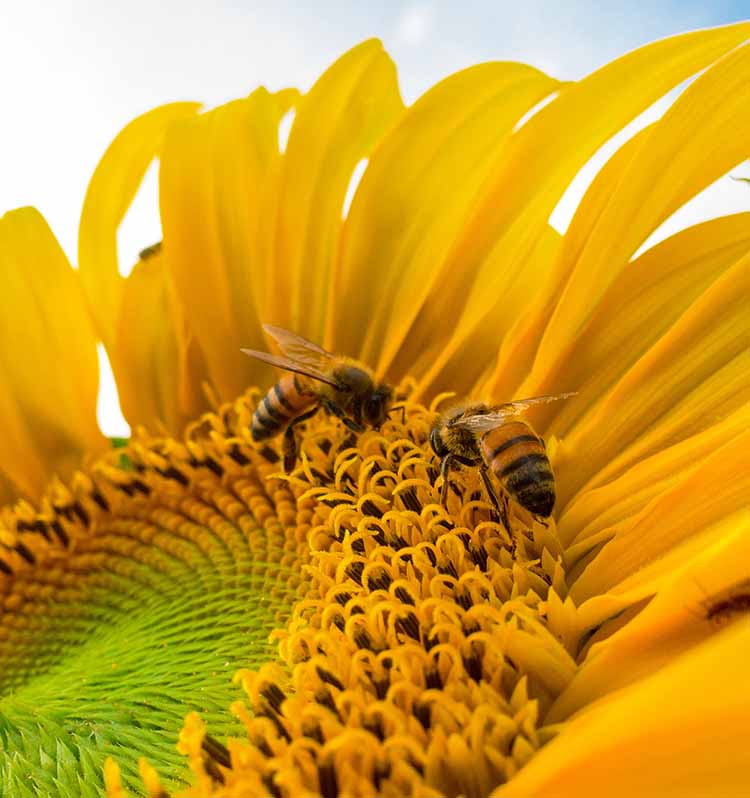
Rich productive land, supplied with adequate, clean water, supporting strong vibrant eco-cultures, both in and on the soil, is the farmer’s goal. The farmer is the first to understand fostering the health of the environment is the way to maximize return on investments. The soil is the medium in which he will invest most heavily. Yet climate changes threaten to make farming more unpredictable, with sudden heavy rainfall at times and drought conditions at others. Warmer conditions can also lead to the emergence of new pests threatening crops and the decline of those beneficial. Farmland preservation in the face of these weather challenges will be challenging, to say the least. Cutting waste in food practices will become an important goal, as well.
Education
With more people choosing to live and work in urban areas, the understanding of how food is grown is left to a smaller percentage of farmers (currently about 2% of the population). More and more farm operators and their families are encouraging agri-tourism, first as a method of selling their produce, but more importantly, to show the urban populace an understanding of farming practices. On the other hand, education is crucial to the survival of our farms and farm families in the disruption threatened by climate change. Farmers understand continuing their education through training sessions and seminars on methods of fine-tuning their operations will help not only their bottom line, but also their ability to cope with changing farming conditions and the growing need for climate-resilient crops.
Transportation
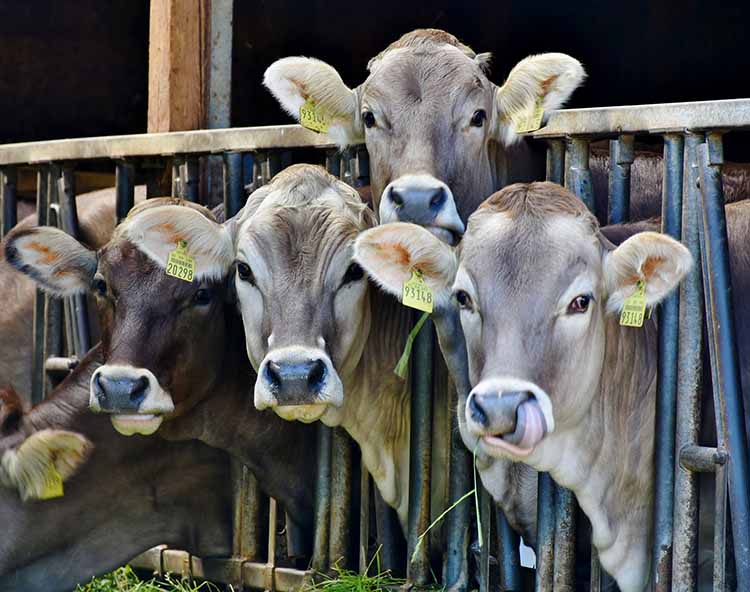
Food doesn’t get from the farm to our plates without a huge dependence on transportation. Trucks and farm equipment are expensive to purchase and expensive to run – and at this time, most of them run on oil, gas or diesel. The introduction of carbon pricing will further increase these costs, though given the importance of farming to all of us, the farm may be exempt from some of them. At the same time, to become or remain sustainable, farm operations will have to look at green energy sources, even electric vehicles. Autonomous vehicles are also on the horizon given new emerging technologies.
Private Sector Capital and Operations / Goods and Services
As farm communities deal with changing conditions, the challenges will need recognition from private sector capital and services. These challenges will have to be met with understanding by bankers, architects, engineers, inspectors, construction companies, and insurance companies who will be called upon in their turn. The farm family engaging in sustainable practices will need help to devise a succession plan so the family operation can continue for future generations. Sustainability on the farm means ensuring future generations can continue to make a living while working in close connection with the land they own and manage.
Housing
The customary housing practice in rural Ontario is to place a housing development on green, undeveloped land. Climate change effects will lead to growing awareness of the need to preserve our farmland in order to ensure our food supply. Developers and municipal governments will have to curb urban sprawl and to ensure valuable and productive farmlands are not usurped for other purposes – not even for a solar farm. We may also see urban areas built around community and private gardens which will provide healthy food to many. Farm families may become the stewards, not only of their own lands, but also of the community, or common lands. The farmer can again become the teacher to those who live in cities.
Health and Wellness
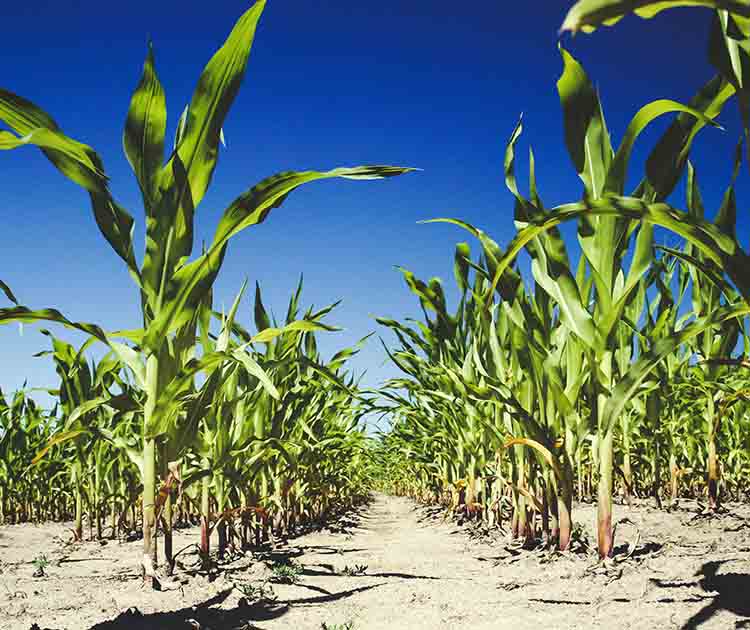
The market gardener and the farmer have immediate control over the plants and animals grown and consumed. Being outside on the land and being proud of the work and the products of the farm lead to a state of well-being for most. Those who choose to buy their food from the farm gate or the local market can take satisfaction from their support of local agriculture while at the same time knowing local foods produce fewer greenhouse gases. As awareness of climate change increases among the populace, many will make the decision to eat less meat. Decisions like these will be reflected in changing demands for food production, affecting the farm family directly.
A farmer’s life is no stranger to stress and climate change effects may in a variety of ways increase stress. Working alone much of the time, dealing with the weather, being “a price-taker” rather than “a price-setter,” and being responsible for family, crops and animals can be a huge burden. Farm organizations such as the Ontario Federation of Agriculture (OFA), Christian Farmer’s Federation of Ontario (CFFO) and the National Farmer’s Union of Ontario (NFU-O) are now developing programs to alert farm families to mental health issues and how to address them. Sustainability means keeping farming families healthy.
Arts and Culture
Here in Orillia and area, the agricultural component of our communities often shapes, and is reflected in, our arts and culture. The respect farmers and rural folks have for the health and beauty of our environment is ingrained in many of us and often reinforced by our arts and music. More and more, we understand the nurturing of the environment is necessary to life itself. Our art can point out the gentle steps we must place on the earth, if a sustainable world is the goal. With climate change and disruption upon us, we must step up to the plate as protectors of this beautiful home we have. If we do, our songs will be joyous in this work and we will be recognized.
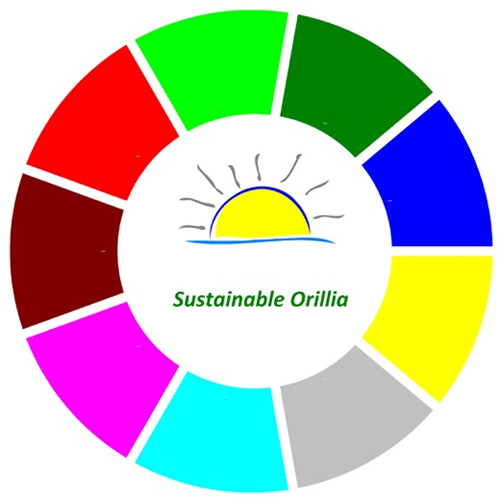
Editor’s Note: This is the 3rd in a series of articles by members of the Sustainable Orillia mayor’s task force in advance of the launch of a community initiative May 24 and 25. The initiative is designed to provide local, attainable, solutions for the effects, economic and quality of life, of climate change. The Sustainable Orillia launch weekend takes place at the Orillia Community Church (Friday night) and Lakehead University (daytime Saturday).
(Photos by Pexels/Pixabay)
Also see – Climate Change: A Learning Opportunity

